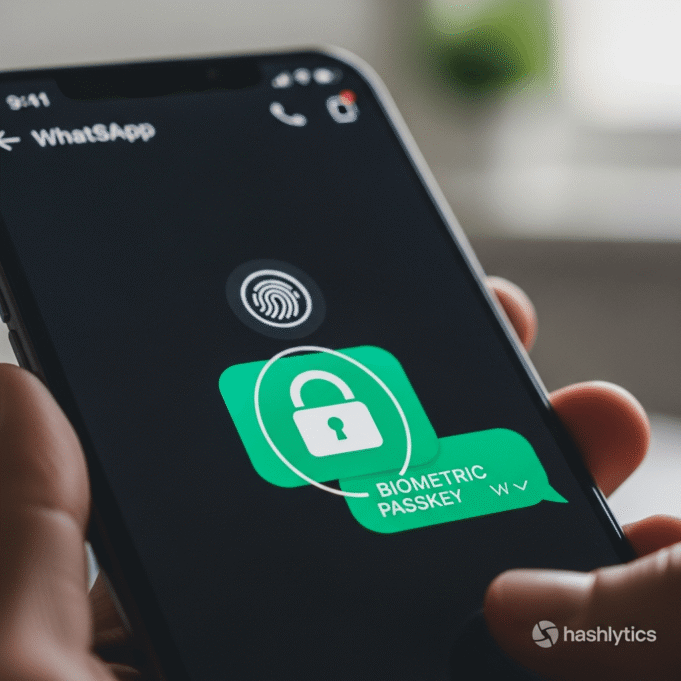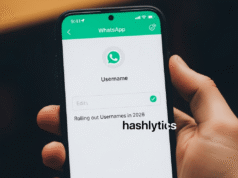WhatsApp Locks Chat Backups with Biometric Passkeys
This isn’t just a minor tweak; it’s a fundamental shift towards user-friendly security. WhatsApp is leveraging biometric authentication, like Touch ID and Face ID on iOS, and similar options on Android, to shield your backups from prying eyes. It’s a welcome change from the complexity that previously hindered widespread adoption of end-to-end encrypted backups, first introduced in 2021.
The core innovation lies in the use of passkeys, a passwordless authentication standard that relies on cryptographic keys stored directly on your device. Backups, which are typically stored on Google Drive for Android or iCloud for iOS, are now impenetrable without that original biometric verification or screen lock. This tackles a long-standing vulnerability: unencrypted backups as a convenient back door for malicious actors.
As reported by MacRumors , this feature extends WhatsApp’s existing end-to-end encryption to backups, potentially setting a new standard for competitors like Signal and Telegram. It means peace of mind when switching phones or restoring data, without the headache of managing complex keys.
A Timely Update in a Threatening Landscape
This enhancement arrives at a critical juncture, with cyber threats targeting cloud-stored personal data becoming increasingly sophisticated. The new system integrates seamlessly with Apple’s Secure Enclave on iOS, providing hardware-level protection against phishing attacks. Android users benefit from similar safeguards via Google’s Titan security chips in Pixel devices. This cross-platform consistency is key, particularly in emerging markets where WhatsApp dominates and device diversity is high.
Industry insiders see this update as a sign of maturity in data sovereignty within messaging platforms. As TechCrunch points out, recovering backups using biometrics streamlines the user experience without sacrificing security – a balance many services have struggled to achieve. While some critics raise concerns about reliance on device-specific biometrics complicating recovery if a user switches ecosystems, the overall impact is overwhelmingly positive.
This move could spur the adoption of passkeys across other Meta properties, like Instagram and Facebook Messenger, creating a more unified and secure authentication experience. The Verge emphasizes that, while optional, its ease of use might pressure rivals to follow suit, ultimately benefiting consumers in an era of pervasive surveillance concerns.
The timing of this release coincides with growing global demands for stronger data protections, fueled by regulations like Europe’s GDPR and emerging U.S. privacy laws. WhatsApp is not only fortifying its defenses against data breaches but also positioning itself as a leader in user-centric security design. This could even influence enterprise communication tools, where secure backups are paramount for compliance.
Ultimately, as our digital lives become increasingly intertwined with daily routines, features like passkey-encrypted backups represent a proactive defense against a wide range of threats. With WhatsApp’s massive user base, this update has the potential to normalize high-level encryption practices, reshaping expectations for privacy in the messaging sector and beyond, forcing others to play catch-up in the ongoing quest for digital security.




